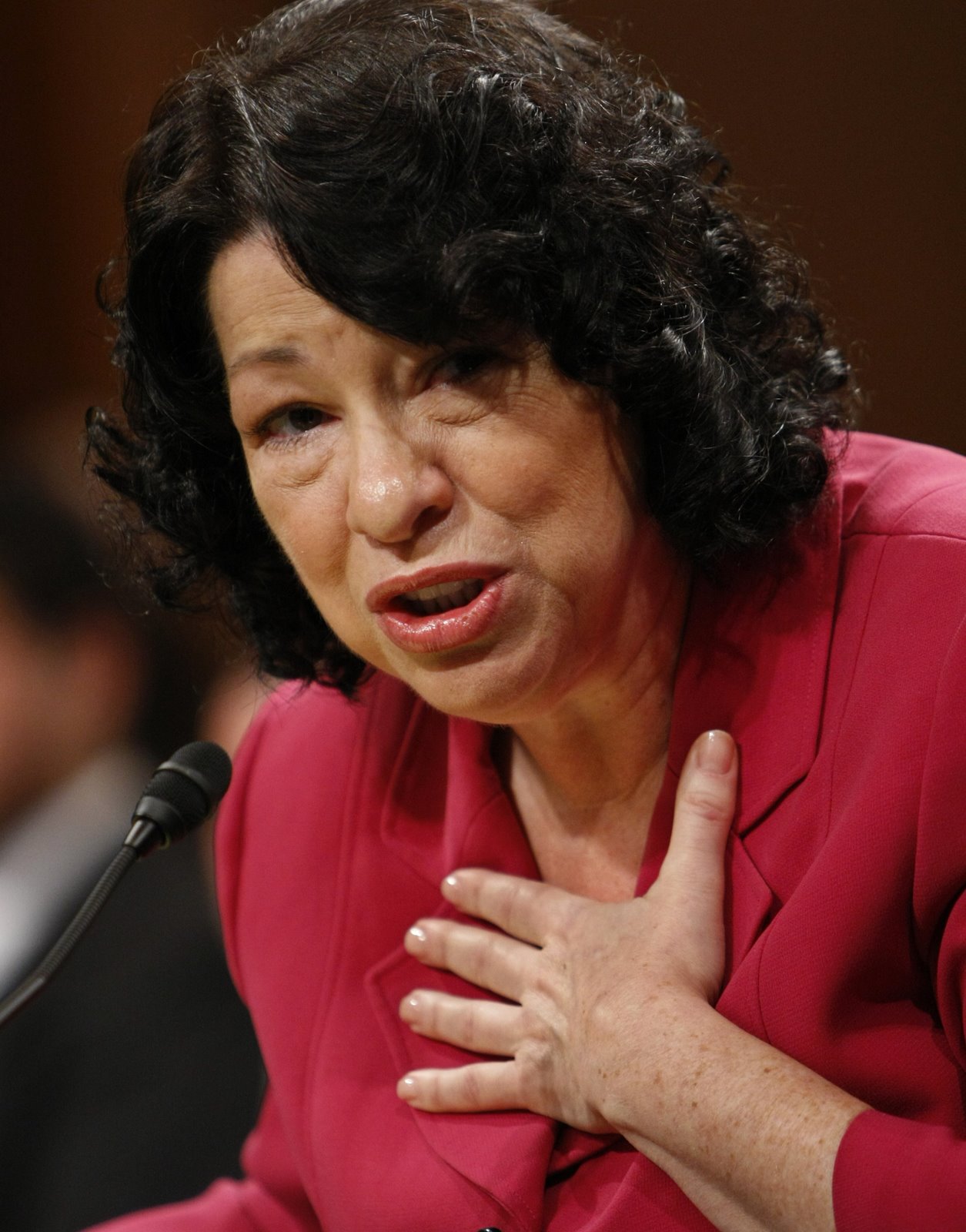Elections have consequences. That’s a given.
What isn’t always understood, though, is that elections enable the winners to make key appointments. President Obama has chosen a federal judge, Sonia Sotomayor, who — by any objective standard — is an outstanding candidate for the U.S. Supreme Court. She will be confirmed soon by the Senate.
Sotomayor will succeed David Souter, who has retired after serving 18 years on the high court. Souter was chosen by President Bush the Elder in 1991 and, as happens on occasion, turned out to be more liberal than the president would have liked.
But all presidents have the right to make these choices. And I’ve always believed that if the judges are qualified, that if they understand the law and make sound judgments without trying to rewrite existing law, then they ought to be seated. If some folks are upset with a president’s pick, that’s just too bad.
I understand that the Constitution gives the Senate the right to confirm or reject appointments. But a rejection ought to be based on more than just personal pique at statements made in an academic setting, such as the time Sotomayor said something about trusting a judicial ruling handed down by a “wise Latina” more than a white guy.
Sotomayor is as qualified on paper as any candidate I’ve seen in the past three decades.
Does she tilt to the left? Well, yes. What does one expect from the current president? President Bush the Younger appointed conservatives John Roberts and Samuel Alito to the bench, just as he pledged he would. He, too, deserved the right to select judges with whom he felt comfortable.
President Obama has that right, as well.
Elections do, after all, have consequences.
